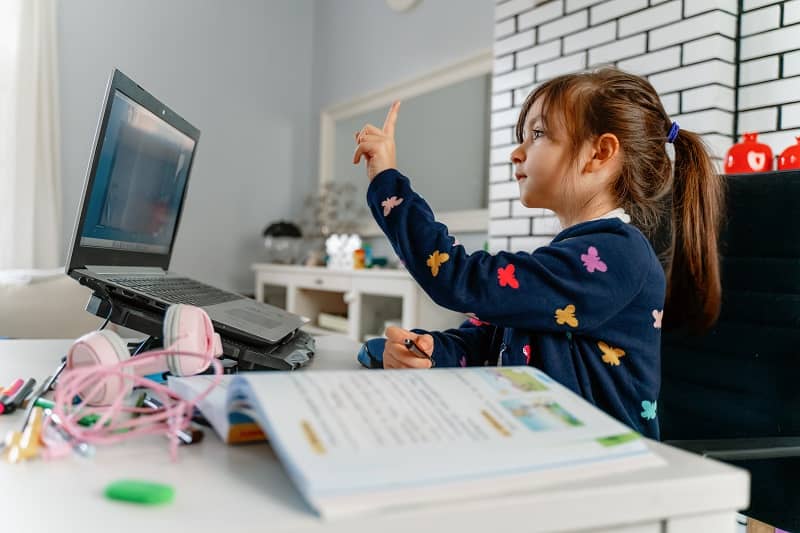by Christina Martin
According to the College Board, 75% of Oregon schools do not offer Advanced Placement or IB classes in the four core courses: reading, math, science and social studies. Even worse, one in four U.S. high schools do not offer anything above geometry, biology or English. That means one in four high schools do not offer chemistry, physics, algebra II, calculus or even honors English.
Many Oregon schools face budget cuts. How can Oregon increase opportunities for its students, allowing kids to reach their academic potential? By giving parents the power to choose programs beyond their local district school. This should extend to allowing kids to stay in their local public school while attending classes that aren’t offered locally.
Online education programs already make a wide array of courses available to students across the country while keeping costs low. Programs like Florida’s Virtual School allow thousands of kids attending regular public schools to access effective advanced courses, as well as rudimentary courses designed to help them catch up with their peers.
This session, Oregon’s legislature is considering how the state should move forward with online education. Legislators should continue to allow online public charter schools to provide full-time programs to Oregon’s kids. But legislators also should empower students across the state to benefit from high-quality individual online classes on a course-by-course basis.
Christina Martin is a policy analyst for the School Choice Project at Cascade Policy Institute, Oregon’s free market public policy research organization.











